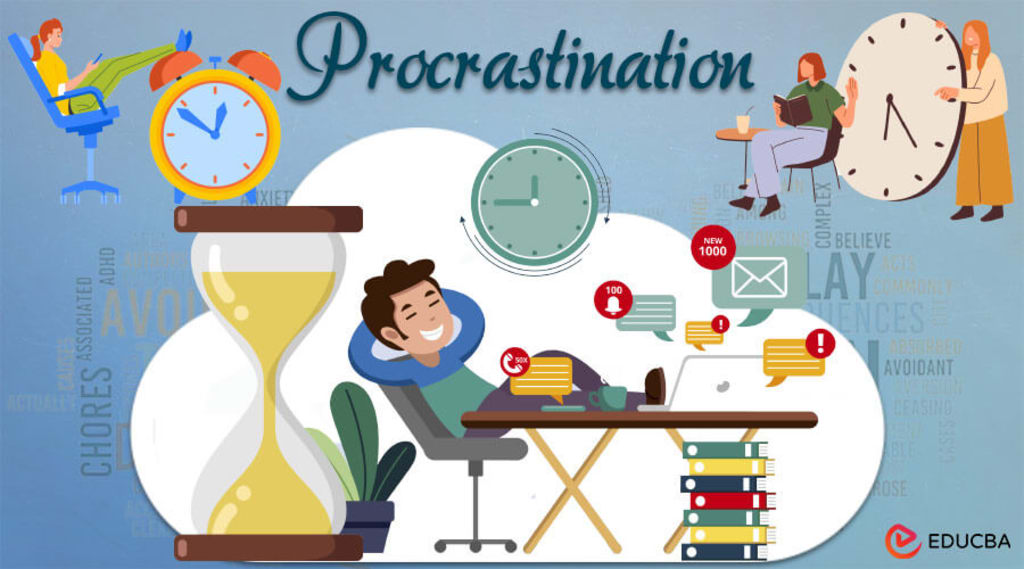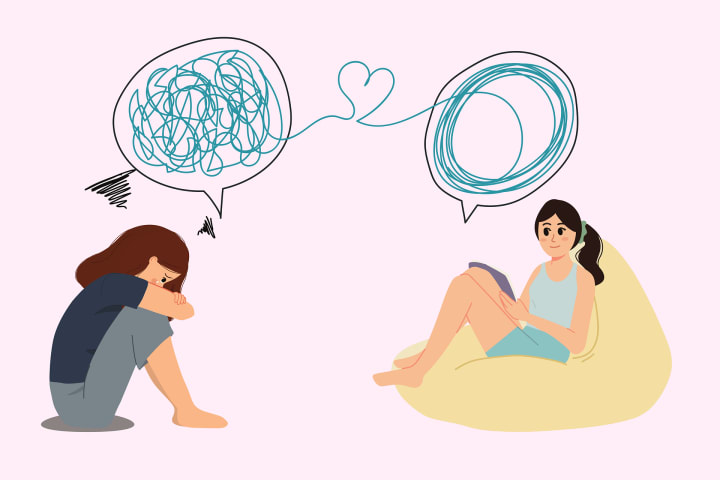What Is Procrastination?
Putting off tasks we don't enjoy is common, despite the consequences

Procrastination is the act of delaying or putting off tasks until the last minute, or past their deadline. Some researchers define procrastination as a "form of self-regulation failure characterized by the irrational delay of tasks despite potentially negative consequences."
According to Joseph Ferrari, a professor of psychology at DePaul University in Chicago and author of "Still Procrastinating: The No Regret Guide to Getting It Done," around 20% of U.S. adults are chronic procrastinators.
No matter how well-organized and committed you are, chances are that you have found yourself frittering away hours on trivial pursuits (watching TV, updating your Facebook status, shopping online) when you should have been spending that time on work or school-related projects.
Whether you're putting off finishing a project for work, avoiding homework assignments, or ignoring household chores, procrastination can have a major impact on your job, your grades, and your life.
In most cases, procrastination is not a sign of a serious problem. It's a common tendency that most people give in to at some point or another.
Causes
Remember that time that you thought you had a week left to finish a project that was really due the next day? How about the time you decided not to clean up your apartment because you "didn't feel like doing it right now?"
We often assume that projects won't take as long to finish as they really will, which can lead to a false sense of security when we believe that we still have plenty of time to complete these tasks.
One of the biggest factors contributing to procrastination is the notion that we have to feel inspired or motivated to work on a task at a particular moment
The following are a few other factors that cause procrastination.

The reality is that if you wait until you're in the right frame of mind to do certain tasks (especially undesirable ones), you will probably find that the right time simply never comes along and the task neResearchers suggest that procrastination can be particularly pronounced among students. A 2007 meta analysis published in the Psychological Bulletin found that a whopping 80% to 95% of college students procrastinated on a regular basis, particularly when it came to completing assignments and coursework.
According to researchers, there are some major cognitive distortions that lead to academic procrastination.5 Students tend to:
- Overestimate how much time they have left to perform tasks
- Overestimate how motivated they will be in the future
- Underestimate how long certain activities will take to complete
- Mistakenly assume that they need to be in the right frame of mind to work on a projectver gets completed.
Depression
Procrastination can also be a result of depression. Feelings of hopelessness, helplessness, and a lack of energy can make it difficult to start (and finish) the simplest task.6 Depression can also lead to self-doubt. When you can't figure out how to tackle a project or feel insecure about your abilities, you might find it easier to put it off.

Is Procrastination a Mental Illness?
Procrastination itself is not a mental illness. But in some cases, it may be symptomatic of an underlying mental health condition such as depression, OCD, or ADHD.
Why Do You Procrastinate?
We often come up with a number of excuses or rationalizations to justify our behavior. According to researchers, there are 15 key reasons why people say they procrastinate.
- Not knowing what needs to be done
- Not knowing how to do something
- Not wanting to do something
- Not caring if it gets done or not
- Not caring when something gets done
- Not feeling in the mood to do it
- Being in the habit of waiting until the last minute
- Believing that you work better under pressure
- Thinking that you can finish it at the last minute
- Lacking the initiative to get started
- Forgetting






Comments
There are no comments for this story
Be the first to respond and start the conversation.